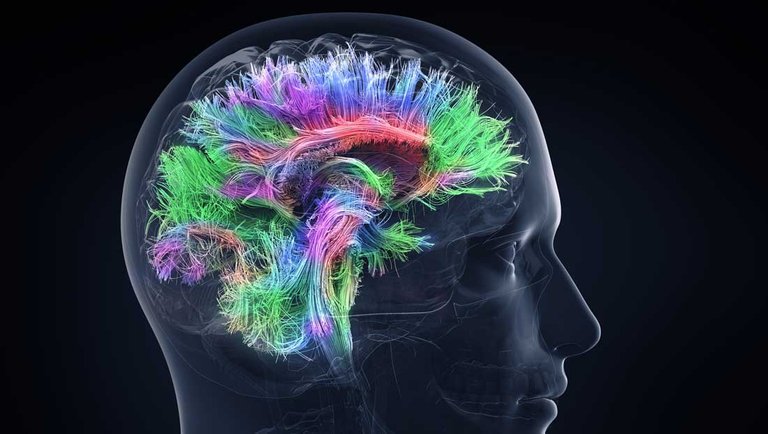Your brain is always working to make sense of the world around you, and one of the ways it does this is by constantly telling stories. Whether you're aware of it or not, your brain is constantly taking in information from your senses and turning it into a narrative that helps you understand and remember what's happening.
There are many different ways that your brain creates stories, but one of the most common is through your memory. When you encounter a new experience, your brain stores information about it in your memory. This can include things like sights, sounds, smells, tastes, and feelings. Your brain then uses this stored information to create a narrative that makes sense of the experience.
For example, let's say you go on a vacation to a beautiful beach. While you're there, you might see the crystal clear water, feel the warm sand beneath your feet, hear the sound of the waves crashing against the shore, and smell the saltwater in the air. Your brain stores all of this information in your memory and creates a story that helps you remember your vacation and the feelings you had while you were there.
But your brain doesn't just create stories from new experiences. It also uses your past experiences and memories to create new stories in the present. For instance, if you see someone walking down the street with a dog, your brain might automatically start creating a story about who that person is and what they're doing with their dog. This is because your brain has stored information about dogs and their owners in your memory, and it uses this information to create a narrative that helps you understand the situation.
The stories that your brain tells can also be influenced by your emotions and beliefs. If you're feeling happy, for example, your brain might create more positive stories. On the other hand, if you're feeling anxious or stressed, your brain might create negative stories. Similarly, your beliefs and values can shape the stories that your brain tells. If you believe that all people are good, for instance, your brain might create stories that reflect this belief, even if the evidence suggests otherwise.
Your brain's ability to tell stories can be a powerful tool, but it can also lead to problems. For example, if you're constantly telling negative stories to yourself, you might start to feel down or anxious. On the other hand, if you're constantly telling positive stories, you might feel more confident and motivated.
One way to take control of the stories that your brain tells is through mindfulness. By becoming more aware of your thoughts and the stories that your brain is creating, you can start to challenge negative stories and replace them with more positive ones. This can be especially helpful if you're prone to anxiety or negative thinking.
Your brain is constantly telling stories as a way to make sense of the world around you. These stories can be influenced by your memories, emotions, and beliefs, and they can have a big impact on your mood and behavior. By becoming more mindful of the stories your brain tells, you can take control of your thoughts and create more positive narratives for yourself.
